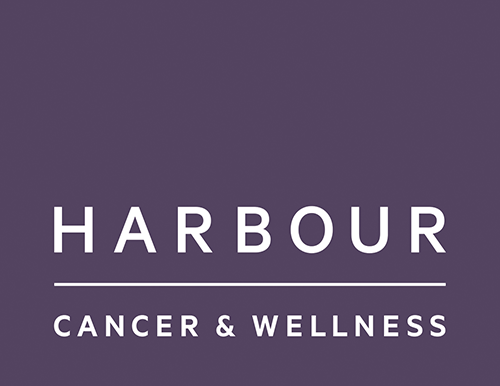We offer a wide range of services, including:
- Medical oncology
- Haematology
- Chemotherapy, radiation therapy, immunotherapy, targeted therapies, hormonal treatment
- Pharmaceutical guidance
- Palliative care
- Genetic counselling
- Referral to support services including physiotherapy, psychology, massage therapy, nutrition
Call 09 220 3333 or email us at reception@harbourcancer.co.nz.
To make an appointment with us, you will need a referral from your doctor. Once you have a referral, you can call us on 09 220 3333 to schedule an appointment.
Yes, we are an Affiliated Provider to Southern Cross Health Insurance for selected services. We also have relationships for direct billing with Accuro, AIA, NIB, Partners Life, Unimed, ACC and other insurers.
The cost of cancer treatment varies depending on the type of treatment received and insurance coverage. Once a patient has had an initial appointment with one of our oncologists, we put together a treatment plan and associated cost estimate.
After your initial consultation, you will receive a letter with a cost estimate for your treatment plan,
and options if applicable. The letter will also include payment terms, and other terms and
conditions.
Note: Cybercrime is on the rise globally. Your safety is our priority: We’ll never change our bank
account details without speaking to you personally, and we’ll never send you a link asking for your
bank account details. If any emails or calls seem suspicious, please call us directly to check.
We treat a wide range of cancers, including:
- Breast cancer
- Genitourinary cancers (prostate, bladder, kidney and testicular)
- Gastrointestinal cancers (bowel, pancreas, liver, stomach and oesophagus)
- Gynaecological cancers (cervical, ovarian, uterus, vulval, vaginal)
- Brain tumours
- Lung cancer
- Skin cancer
- Blood cancer
- Sarcoma
- Cancers of unknown primary
The length of treatment will vary depending on the type of cancer being treated, the stage of the cancer, and how well the patient responds to treatment. Some types of cancer can be treated with a short course of treatment, while others may require long-term treatment.
Radiation therapy uses high-energy rays to kill cancer cells. Medical oncology uses medications to treat cancer. Surgical oncology uses surgery to remove cancer cells and tumours. Depending on the type and stage of cancer, a patient's medical team may recommend a mix of these treatments. Read more about different types of cancer treatment.
Palliative care is a type of care that focuses on relieving the symptoms of cancer and improving the quality of life for people with cancer. We can provide specialist consultations to palliative patients for symptom control.
The side effects of cancer treatment will vary depending on the type of treatment received. Your consulting doctor and the nurses will discuss with you any symptoms you may experience, along with options to manage them.
There are several things that can be done to manage the side effects of cancer treatment and potentially improve the effectiveness of the treatment, such as:
- Eating a healthy diet
- Getting regular exercise
- Getting enough rest
- Physiotherapy, acupuncture, and massage therapy
- Counselling and mindfulness practice
- Talking to your doctor about prescription medications
There are a few ways you can support someone who is being treated for cancer, such as:
- Offering practical help, such as cooking meals or running errands
- Providing emotional support, such as listening to them or attending appointments
- Helping them stay informed about their treatment options
- Respecting their decisions and choices
Our haematology services cover a wide range of blood conditions and cancers, including:
- Blood cancers: Leukaemia, lymphoma, myeloma, chronic lymphocytic leukaemia (CLL), chronic myeloid leukaemia (CML), lymphoproliferative disorders.
- Myeloproliferative & myelodysplastic disorders: disorders of bone marrow affecting blood cell production.
- Non-malignant blood disorders: Disorders of red blood cells, iron overload or deficiency (e.g. haemochromatosis), abnormal blood counts, anaemia, thrombosis, clotting / bleeding disorders.
- Clotting and haemostasis issues including thrombosis (DVT/PE), and other coagulation disorders.



